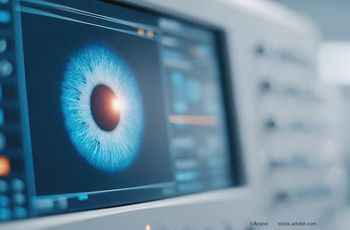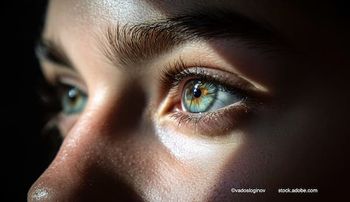
Stem cell research may hold key to restoring neural function in glaucoma patients
At this time there is no therapy that can restore vision after retinal ganglion cell (RGC) death in patients with glaucoma. However, stem cell-based treatments do have the potential to restore function in individuals with various neurodegenerative diseases, reported Keith R. Martin, MD, of Cambridge University, Cambridge, England, at the annual meeting of the Association for Research in Vision and Ophthalmology.
May 4
- Fort Lauderdale, FL - At this time there is no therapy that can restore vision after retinal ganglion cell (RGC) death in patients with glaucoma. However, stem cell-based treatments do have the potential to restore function in individuals with various neurodegenerative diseases, reported Keith R. Martin, MD, of Cambridge University, Cambridge, England, at the annual meeting of the Association for Research in Vision and Ophthalmology.
In a video of a mice study, researchers demonstrated that stem cells could be used to restore function in the spinal cord, allowing paralyzed mice to walk again. So, could this possibly translate to the eye, restoring visual function? Dr. Martin believes so.
"We need to try to find and stimulate an endogenous stem cell population within the eye," he said. "Or we can try to persuade mature cells to dedifferentiate and redifferentiate as retinal ganglion cells."
The best candidates for retinal "stem cells" are the Muller cells. These cells can express markers for mature retinal neurons and can migrate to the RGC layer, he said.
"Muller progenitor cells injected subretinally have been shown to incorporate into the retina of immunosuppressed RCS rats and to preserve visual function," Dr. Martin explained.
However, researchers using stem cells are faced with challenges, such as:
stem cells expressing all the right markers may not function;
stem cells aging;
rejection; and
tumor risk.
"Our growing understanding of stem cell biology holds promise of completely new treatment strategies to protect and restore visual function in patients with glaucoma," he noted.
Newsletter
Don’t miss out—get Ophthalmology Times updates on the latest clinical advancements and expert interviews, straight to your inbox.





























